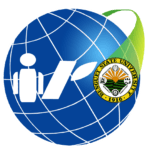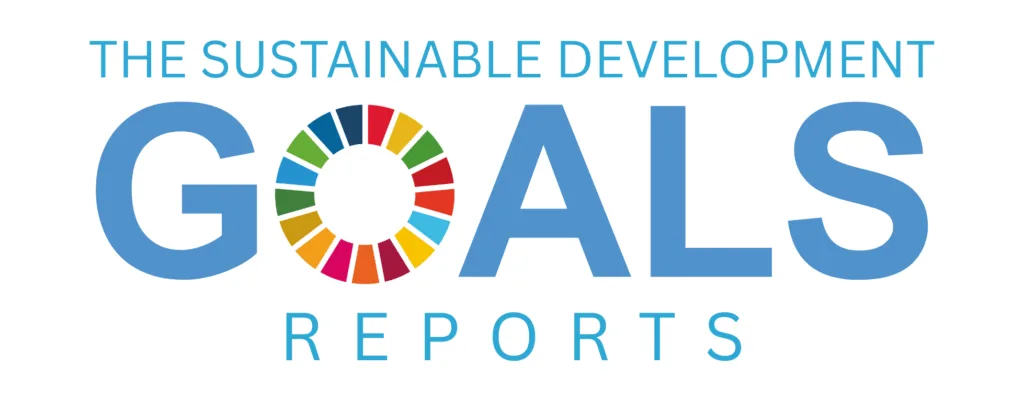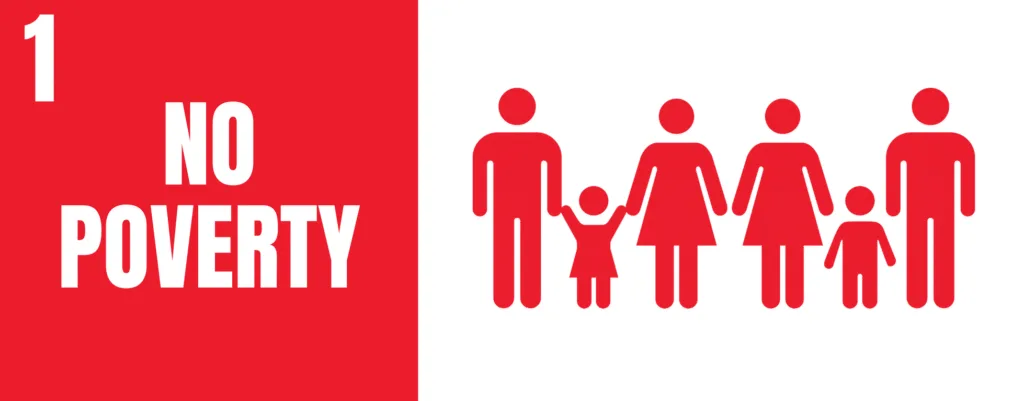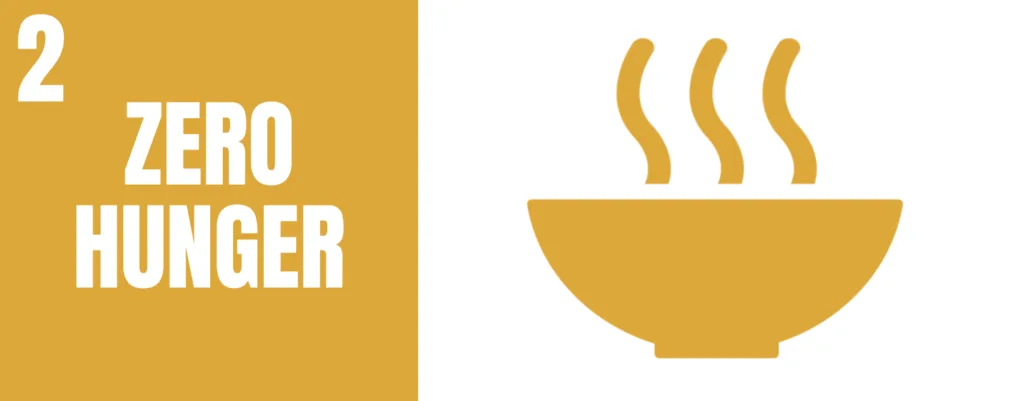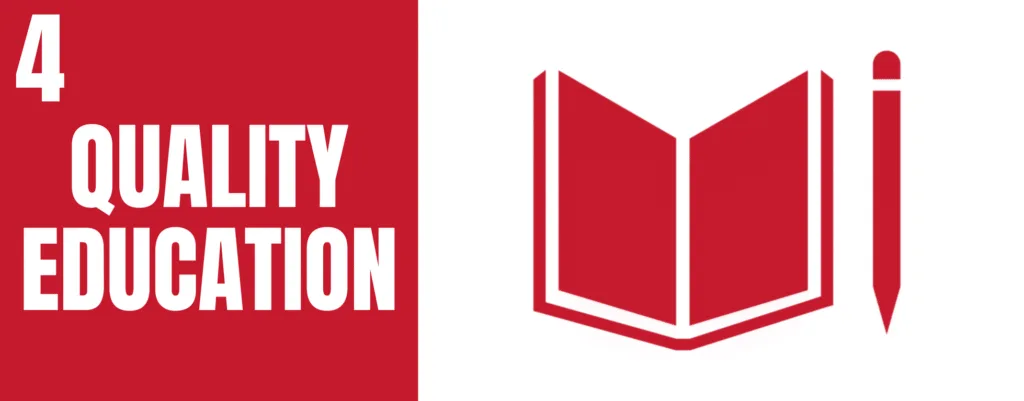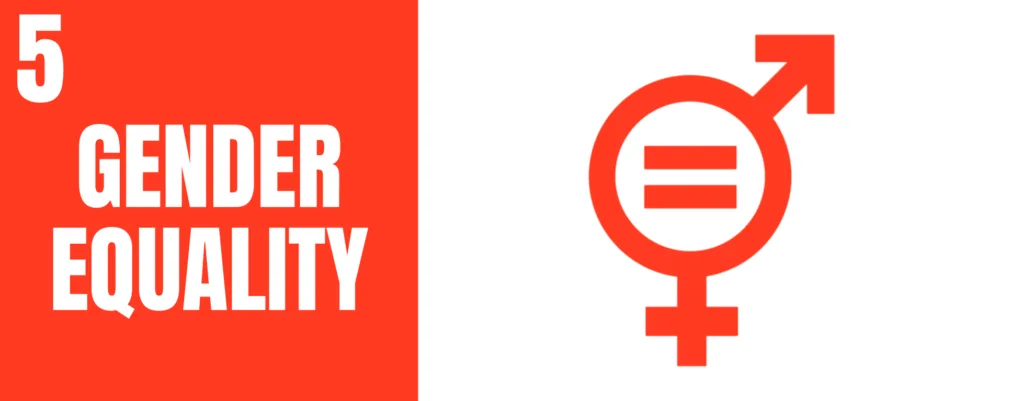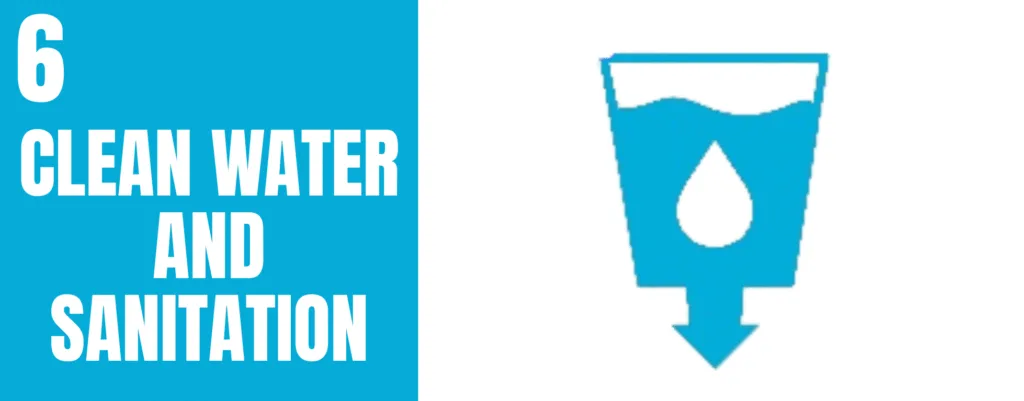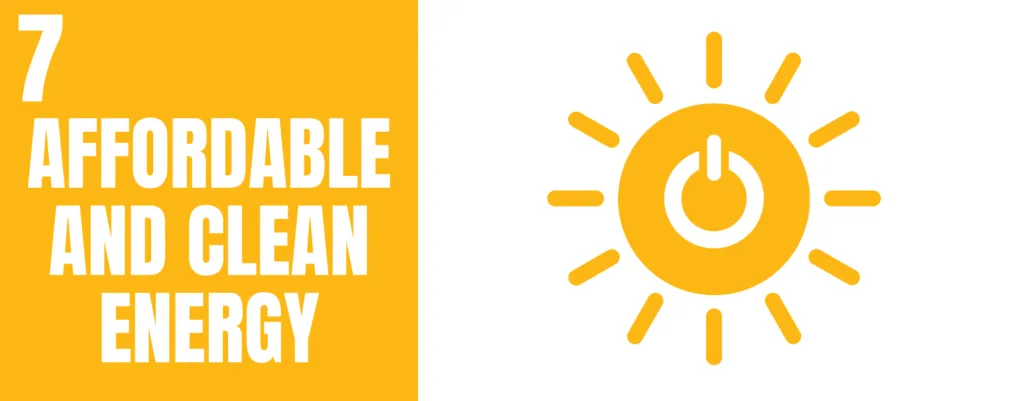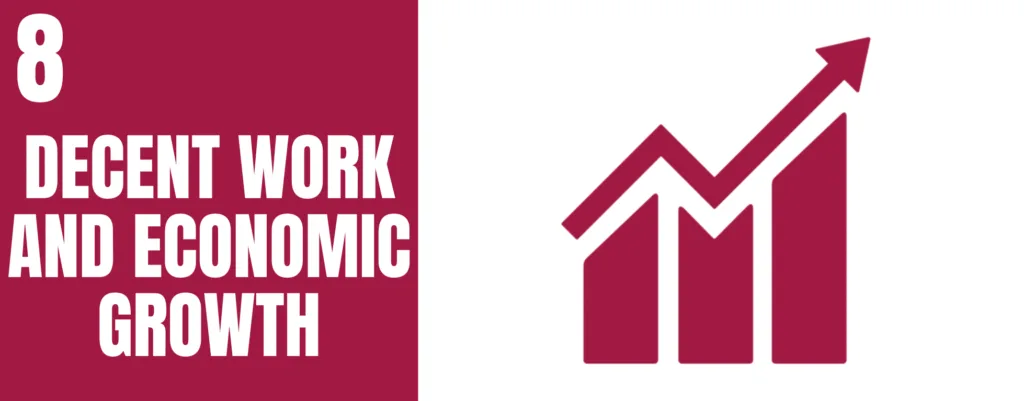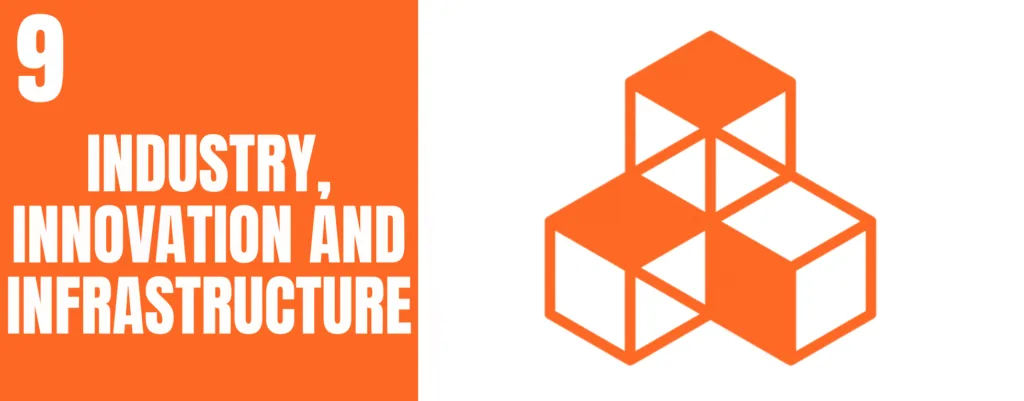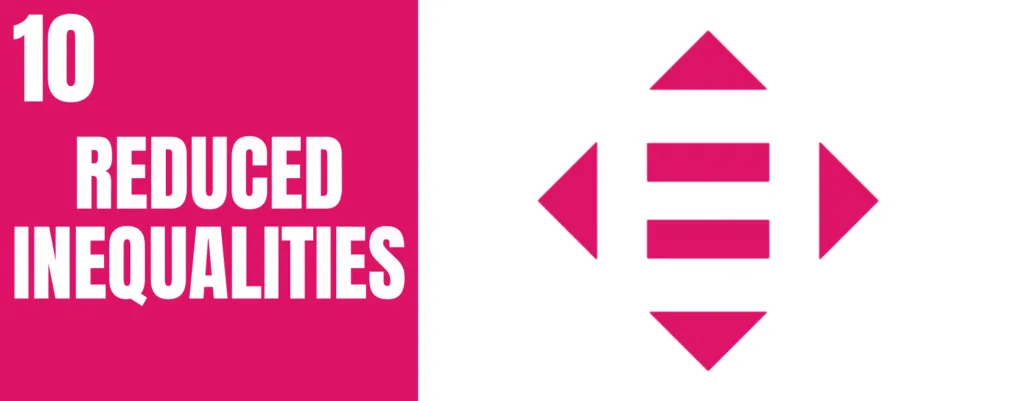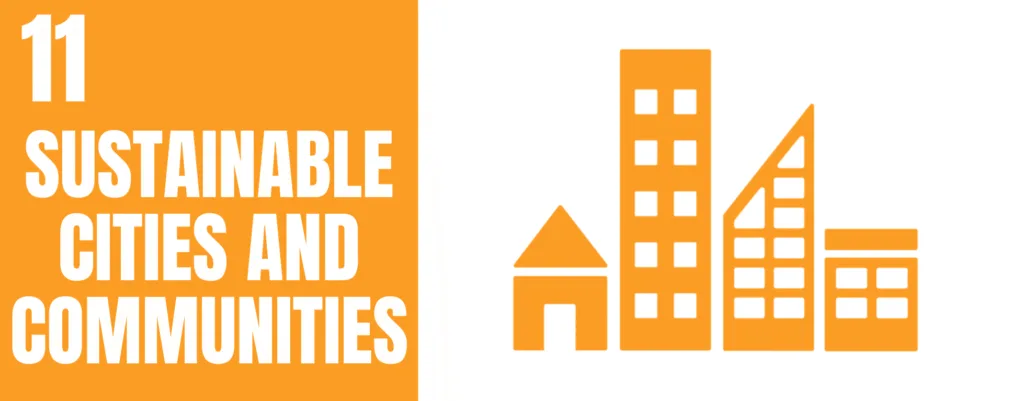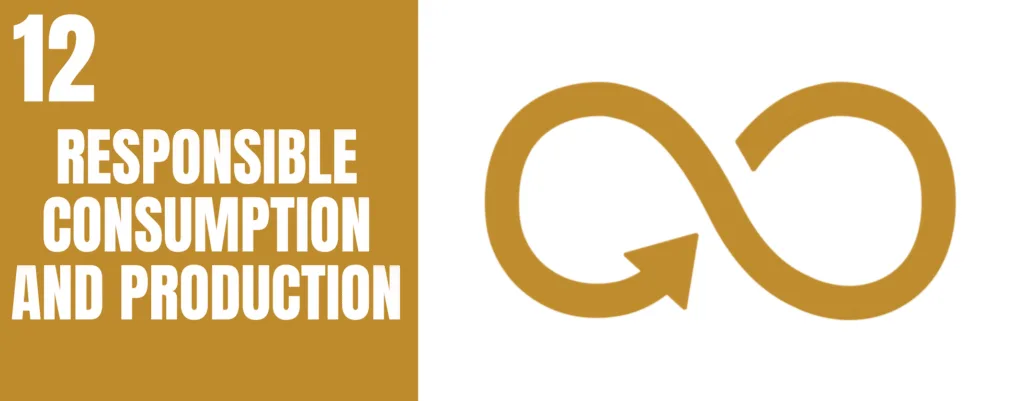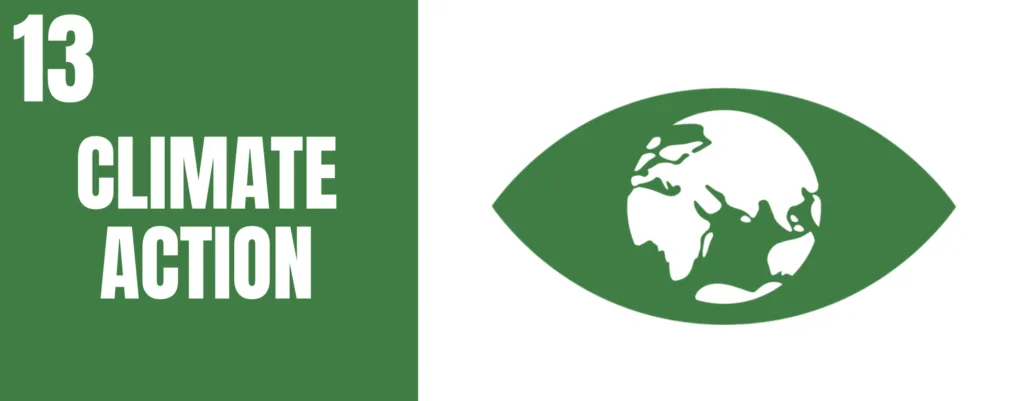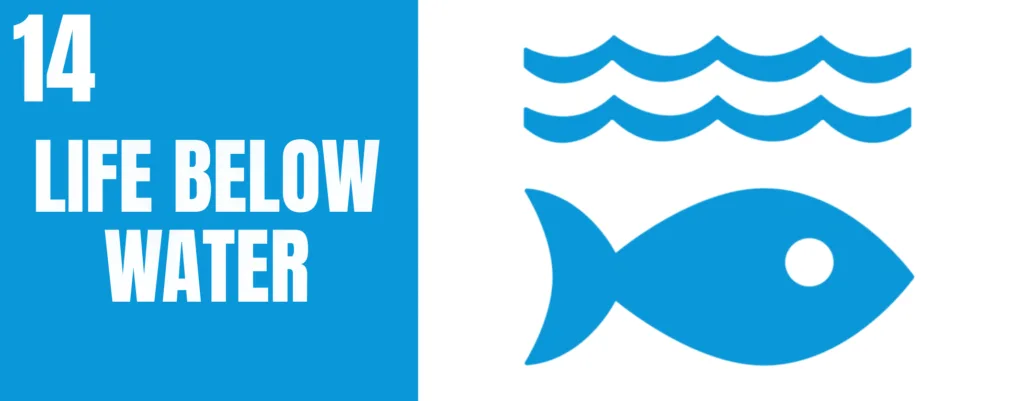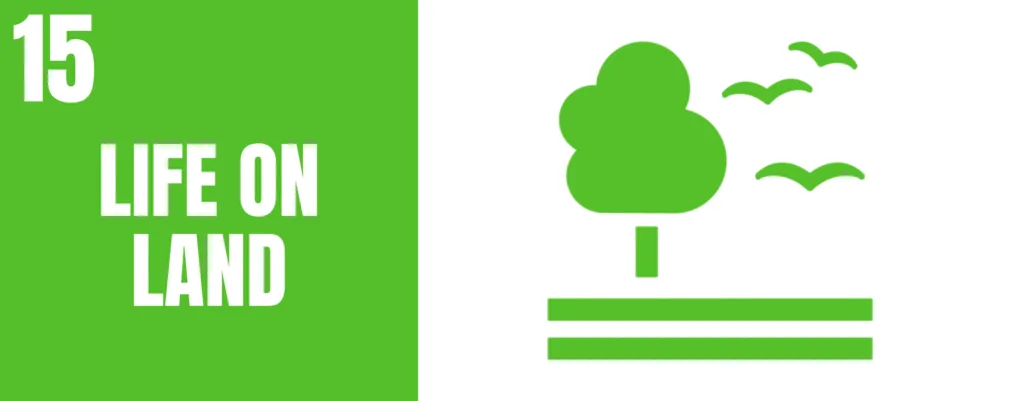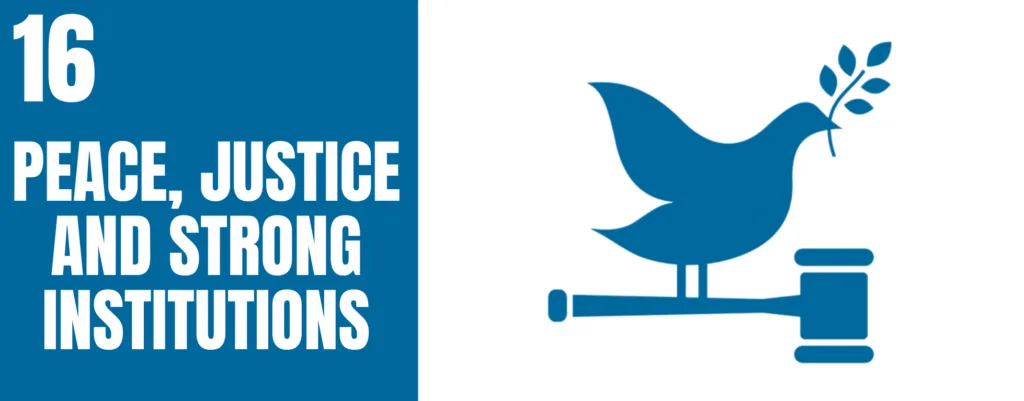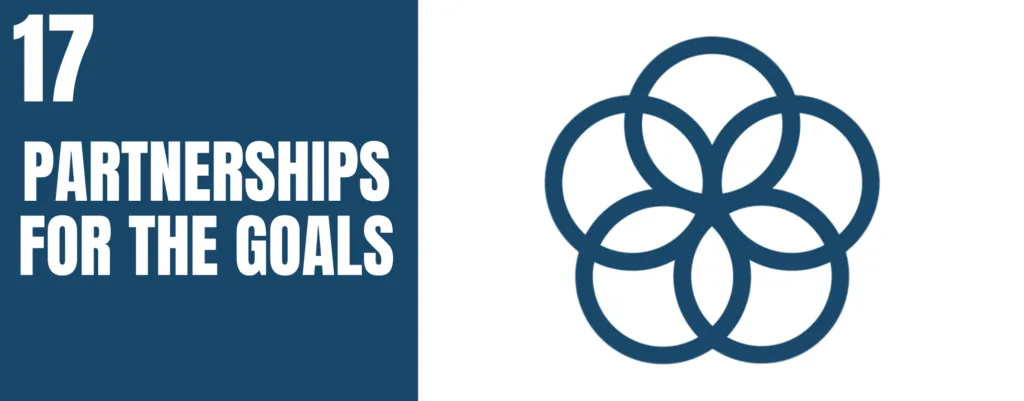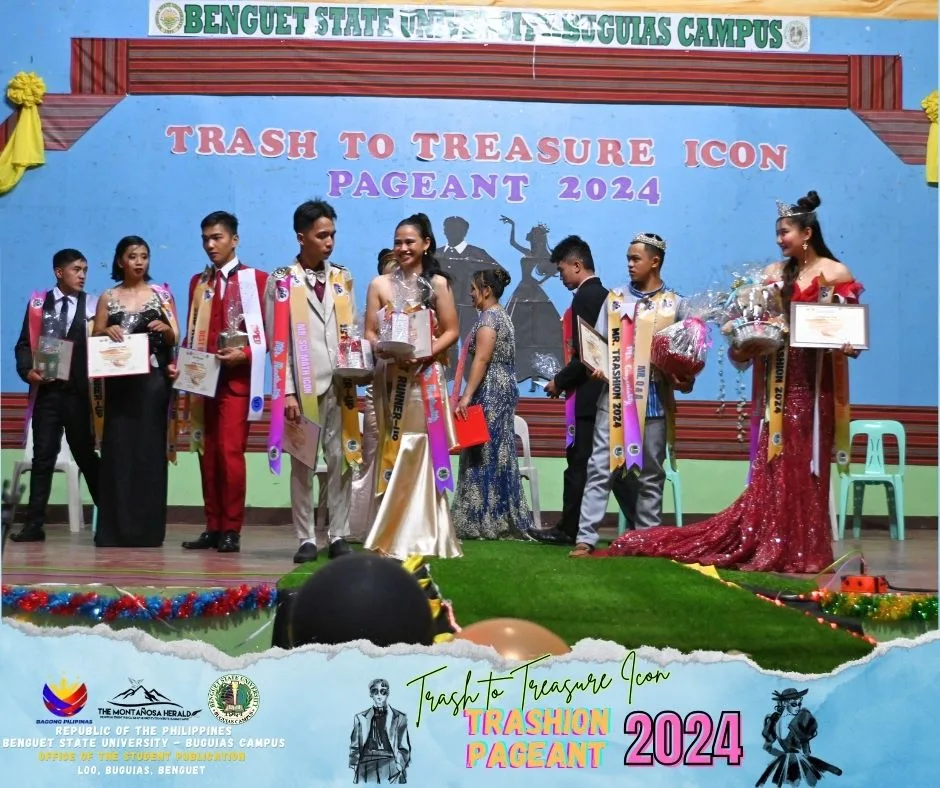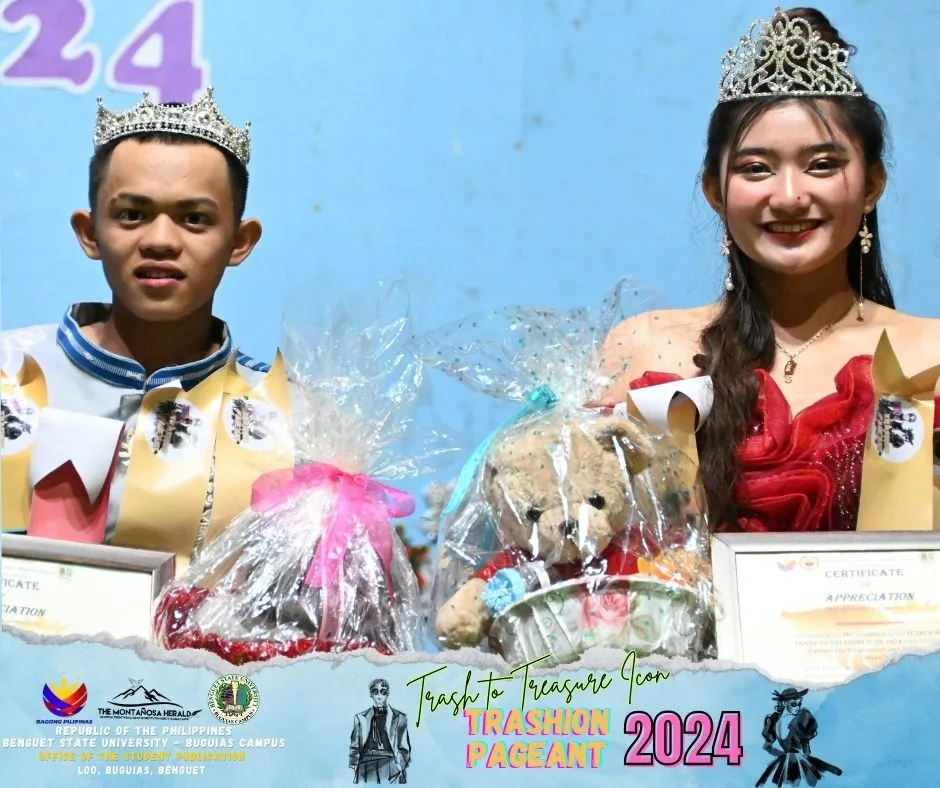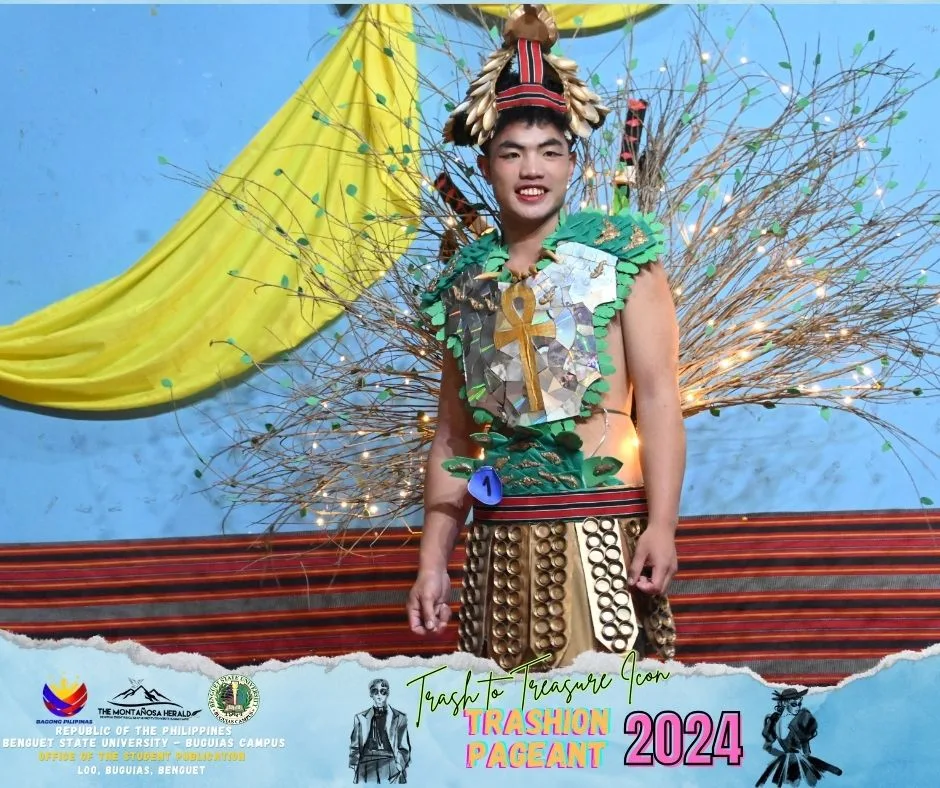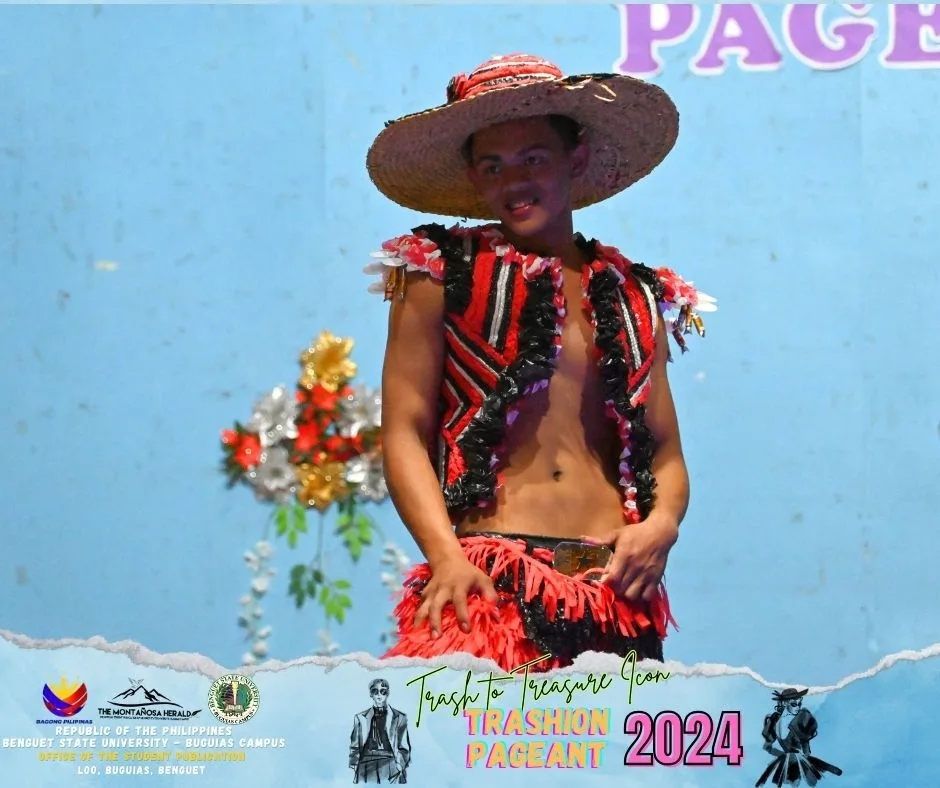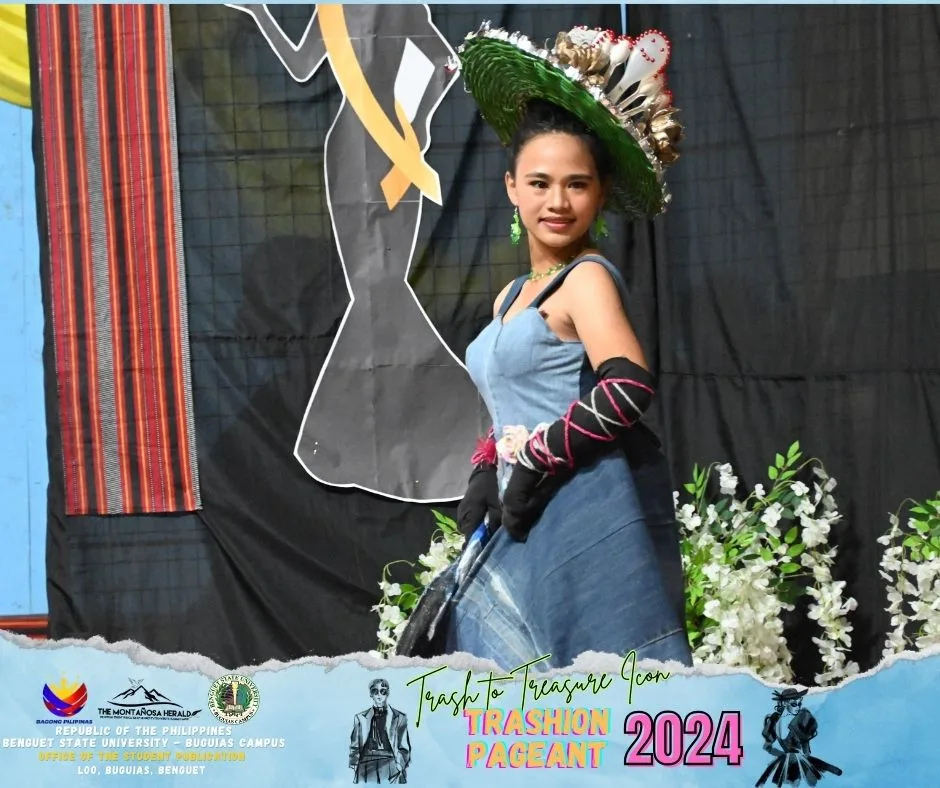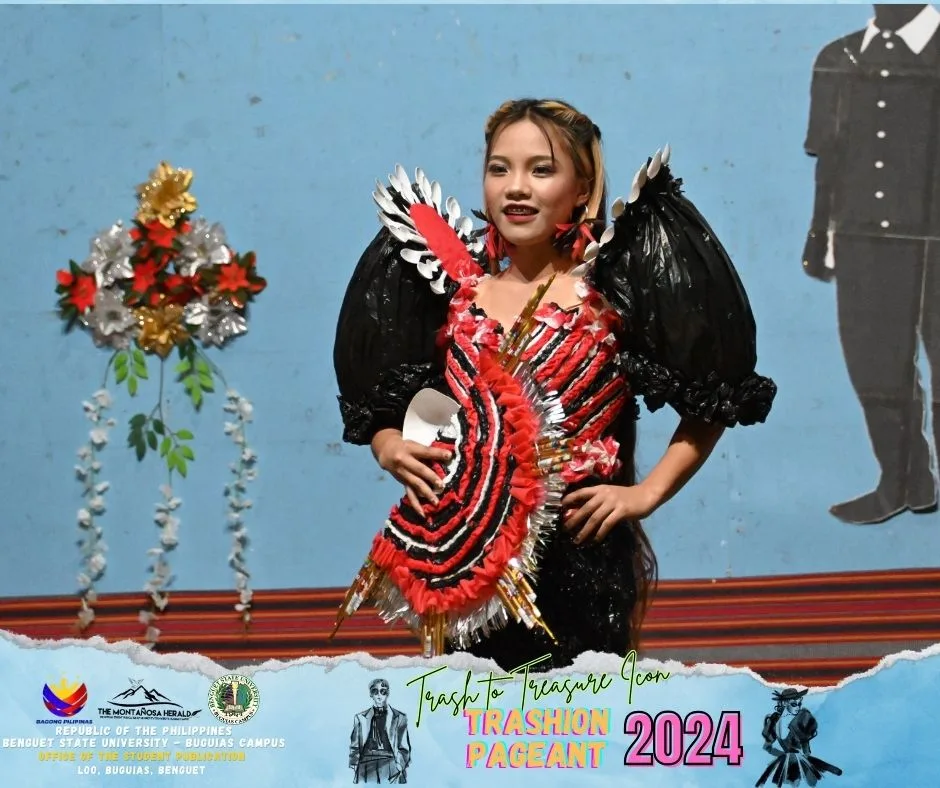SDG 12: RESPONSIBLE CONSUMPTION AND PRODUCTION
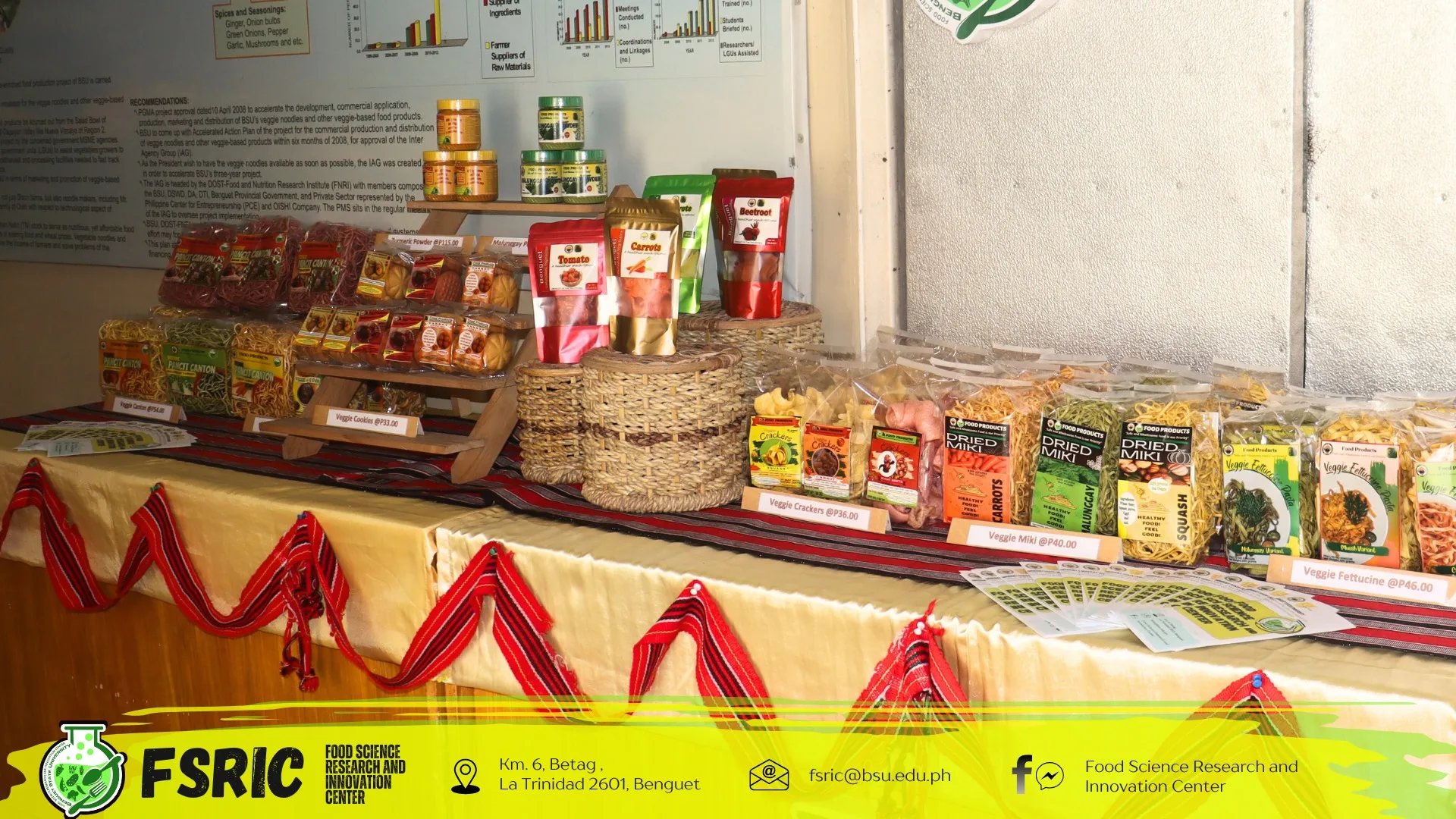
The Benguet State University (BSU) Food Science Research and Innovation Center (FSRIC) is driving the country’s commitment to SDG 12: Responsible Consumption and Production by transforming the local food industry. Serving as a catalyst for vibrant food sectors, FSRIC’s mission is to lead in food science research and technology innovation to ensure food and nutrition security and global competitiveness. The Center is uniquely focused on increasing the productivity and income of local processors through technology promotion, moving beyond just agricultural production to value-added manufacturing.
FSRIC’s specialized divisions, including those for Crop-based, Meat and Seafood-based R&D, and the Food Quality Analytical Lab, work to develop new, efficient processing systems and products that are safer, more nutritious, and sustainable. They emphasize maximizing local, renewable resources and minimizing waste. Crucially, the Extension and Technology Innovation Division bridges the gap between the lab and the market, providing technical assistance and training to small and medium enterprises (SMEs) to help them produce high-quality, safe, and innovative products, thereby accelerating the transformation of the Philippine food industries.
The Trash to Treasure Icon Pageant 2024 directly champions SDG 12: Responsible Consumption and Production, specifically targeting the goal’s call to substantially reduce waste generation through prevention, reduction, recycling, and reuse (Target 12.5). This event transforms the abstract concept of sustainable living into a vibrant, practical demonstration of upcycling. By tasking students to create the Creative Attire and Formal Wear from discarded or unwanted items, the pageant actively encourages a shift in mindset—viewing waste not as an endpoint, but as a valuable resource or “treasure.”
This initiative is a powerful educational tool to ensure that people everywhere have the relevant information and awareness for sustainable development and lifestyles. The pageant’s visibility fosters a culture of resourcefulness and environmental consciousness within the university and the broader community. The students’ use of non-biodegradable waste in their designs—known as “Trashion”—showcases innovative alternatives to simply sending trash to a landfill. Furthermore, the intellectual component, like the Sci-Math Icon and Q&A segments, integrates the creative act of recycling with an understanding of the scientific and policy-related issues surrounding waste management, demonstrating how art, education, and action intersect to promote a more circular economy.
